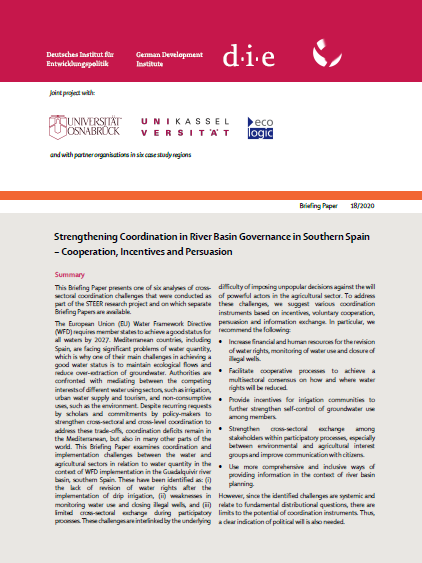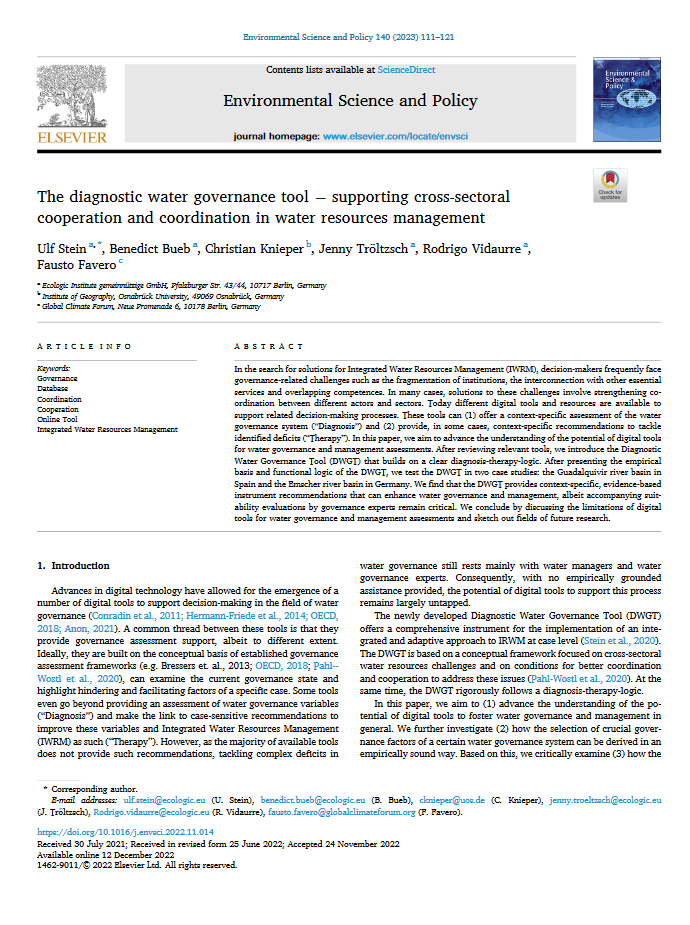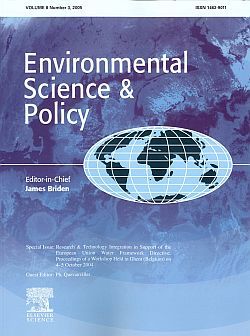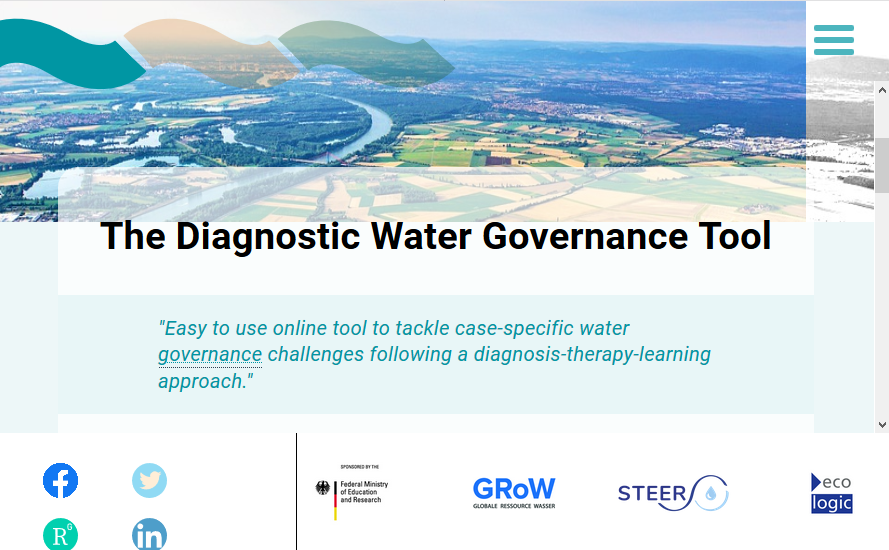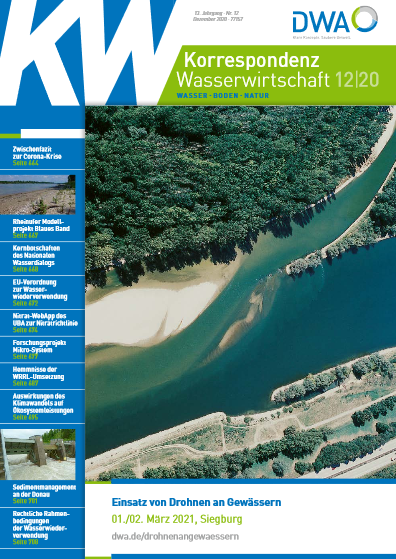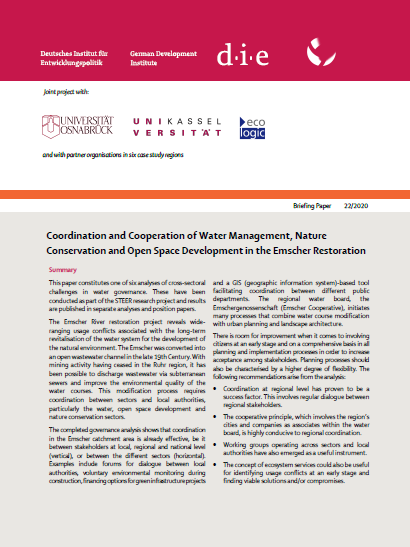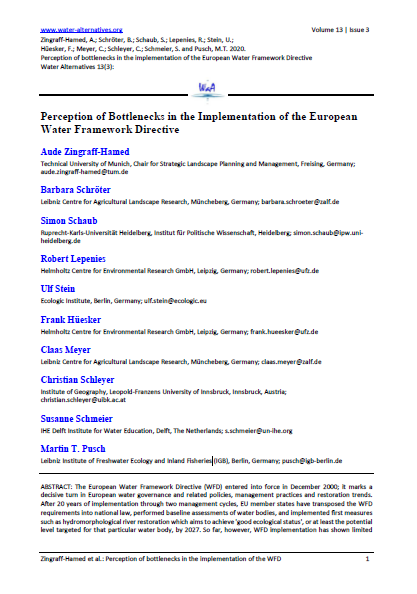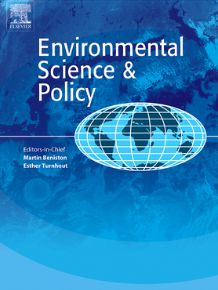Strengthening Coordination in River Basin Governance in Southern Spain
cooperation, incentives and persuasion
- Publication
- Citation
Schütze, Nora; Andreas Thiel; Pilar Paneque; Jesús Vargas; Rodrigo Vidaurre 2020: Strengthening coordination in river basin governance in southern Spain: cooperation, incentives and persuasion. German Development Institute (DIE): Bonn.
This Briefing Paper examines coordination and implementation challenges between the water and agricultural sectors in relation to water quantity in the context of WFD implementation in the Spanish Guadalquivir river basin. The challenges are interlinked by the underlying difficulty of imposing unpopular decisions against the will of powerful actors in the agricultural sector. To address these challenges, the authors suggest various coordination instruments based on incentives, voluntary cooperation, persuasion and information exchange.The Briefing Paper presents one of six analyses of cross-sectoral coordination challenges that were conducted as part of the STEER research project and on which separate Briefing Papers are available.
The European Union (EU) Water Framework Directive (WFD) requires member states to achieve a good status for all waters by 2027. Mediterranean countries, including Spain, are facing significant problems of water quantity, which is why one of their main challenges in achieving a good water status is to maintain ecological flows and reduce over-extraction of groundwater. Authorities are confronted with mediating between the competing interests of different water using sectors, such as irrigation, urban water supply and tourism, and non-consumptive uses, such as the environment. Despite recurring requests by scholars and commitments by policy-makers to strengthen cross-sectoral and cross-level coordination to address these trade-offs, coordination deficits remain in the Mediterranean, but also in many other parts of the world.
This Briefing Paper examines coordination and implementation challenges between the water and agricultural sectors in relation to water quantity in the context of WFD implementation in the Guadalquivir river basin, southern Spain. These have been identified as:
- (i) the lack of revision of water rights after the implementation of drip irrigation,
- (ii) weaknesses in monitoring water use and closing illegal wells, and
- (iii) limited cross-sectoral exchange during participatory processes.
These challenges are interlinked by the underlying difficulty of imposing unpopular decisions against the will of powerful actors in the agricultural sector. To address these challenges, we suggest various coordination instruments based on incentives, voluntary cooperation, persuasion and information exchange. In particular, we recommend the following:
- Increase financial and human resources for the revision of water rights, monitoring of water use and closure of illegal wells.
- Facilitate cooperative processes to achieve a multisectoral consensus on how and where water rights will be reduced.
- Provide incentives for irrigation communities to further strengthen self-control of groundwater use among members.
- Strengthen cross-sectoral exchange among stakeholders within participatory processes, especially between environmental and agricultural interest groups and improve communication with citizens.
- Use more comprehensive and inclusive ways of providing information in the context of river basin planning.
However, since the identified challenges are systemic and relate to fundamental distributional questions, there are limits to the potential of coordination instruments. Thus, a clear indication of political will is also needed.
